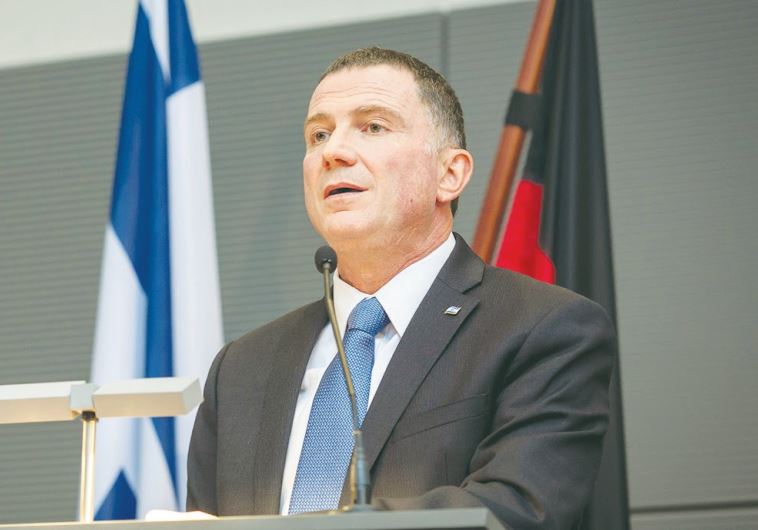Knesset doesn’t shy away from Armenian Genocide after Turkey deal
“We must disconnect current interests from the past; we cannot remain apathetic,” Edelstein says.
 KNESSET SPEAKER Yuli Edelstein addresses the Bundestag’s Foreign Affairs and Defense Committee(photo credit: BOAZ ARAD)Updated:
KNESSET SPEAKER Yuli Edelstein addresses the Bundestag’s Foreign Affairs and Defense Committee(photo credit: BOAZ ARAD)Updated: